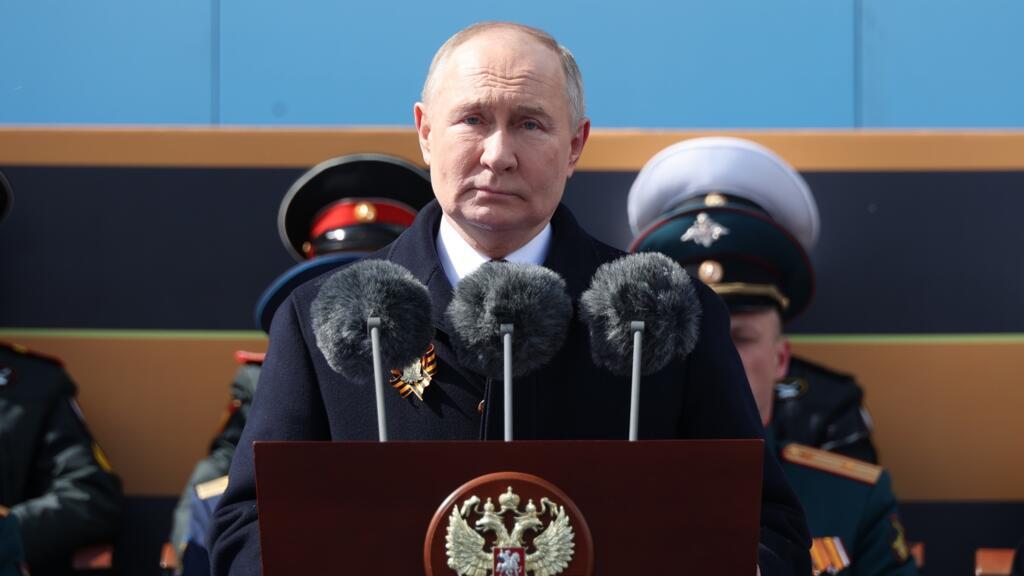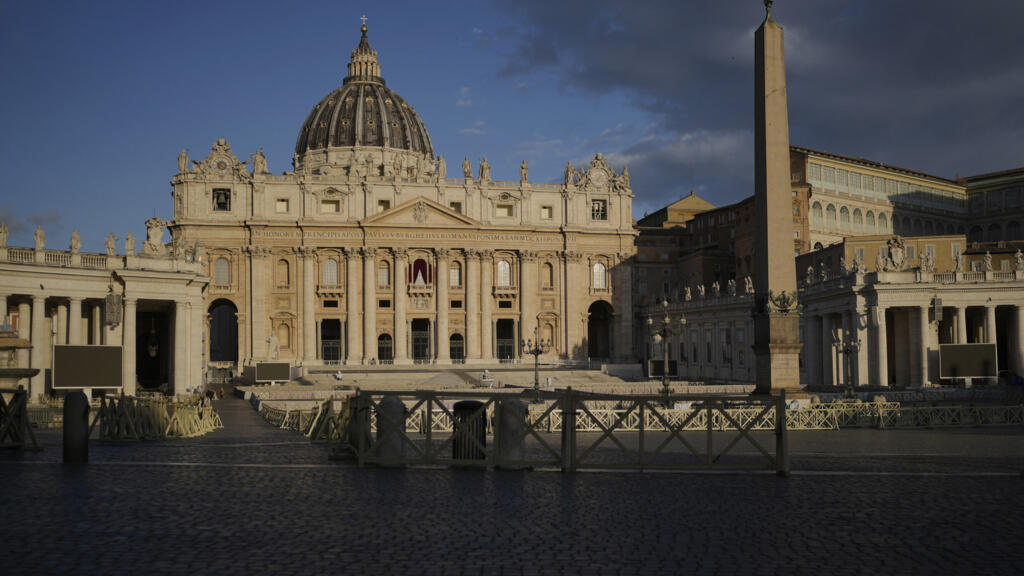Russia's Victory Day Parade: A Symbol of Strength Amid Ongoing Conflict
On Friday, May 9, 2023, Russian President Vladimir Putin will host a significant Victory Day parade in Moscow, commemorating the 80th anniversary of the defeat of Nazi Germany in World War II. This annual celebration, which marks the Soviet Union's triumph over Nazi forces in 1945, will feature an impressive display of military might and national pride. Aimed at reinforcing Russia's strength amidst ongoing conflicts, particularly the war in Ukraine, this year's event is particularly noteworthy due to the presence of over 20 foreign leaders, including China's Xi Jinping.
The Victory Day parade is a hallmark of Russian patriotism, often showcasing a vast array of military equipment and troops marching through Red Square. In light of the current geopolitical landscape, where Russia is actively engaged in a military operation in Ukraine, this year’s showcase is expected to be more than just a celebration. The Kremlin plans to utilize this occasion to project a unified front and military prowess to both domestic and international audiences.
Prominent among the foreign attendees will be leaders from nations with historical ties to Russia and those who support its geopolitical stance. The presence of Xi Jinping is particularly significant, as it reflects the strengthening partnership between Russia and China amid increasing tensions with the West. The Kremlin views this robust foreign representation as a means to counteract perceived isolation due to international sanctions and criticisms stemming from the conflict in Ukraine.
As part of the commemorative activities, a holiday truce has been announced, which highlights a temporary cessation of hostilities in Ukraine, coinciding with the observance of Victory Day. This gesture is likely intended to promote an image of solidarity and peace during a time when the conflict has drawn widespread condemnation and humanitarian concerns. However, the actual impact of this truce on the ground remains to be seen, with skepticism about its durability given the ongoing nature of violence in the region.
The parade itself will feature military parades not only in Moscow but also in various other cities across Russia, underscoring the national importance of this day. The display will include not just soldiers but also state-of-the-art military equipment that showcases Russia's technological advancements and readiness. Analysts suggest that the Russian government aims to bolster national morale amid the ongoing war, while also sending a message to both adversaries and allies regarding its defense capabilities.
Furthermore, the media coverage surrounding this event is expected to be intense, both domestically and internationally. State-controlled media outlets will likely emphasize the importance of the historical victory and frame it within the context of current conflicts, portraying Russia as a nation under siege but resolute in its determination to defend its sovereignty and interests.
While the world watches closely, there is an undercurrent of tension and uncertainty regarding the implications of this display of strength. Observers are particularly interested in how this military posturing will influence Russia's diplomatic relations going forward, especially in light of ongoing sanctions and international pressure. The response from Western nations, as well as from other global players, will likely shape the future trajectory of Russia’s foreign policy and military engagements.
In conclusion, the 80th Anniversary of Victory Day is set to be a pivotal moment not just for Russia but for the global geopolitical landscape, as President Putin seeks to reaffirm his stance amid the backdrop of conflict and international scrutiny. The parade will serve as both a commemoration of past sacrifices and a showcase of present-day resolve.











